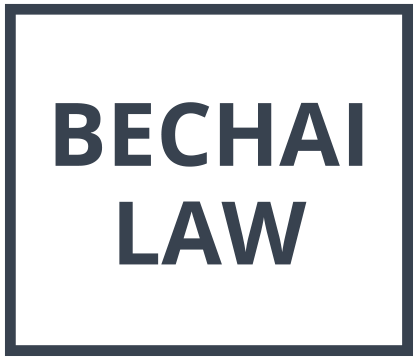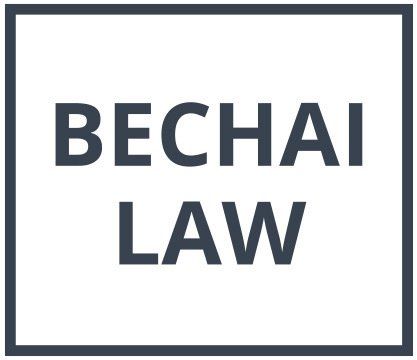Inter Vivos Gifts - Part 1
How do cash gifts made during life affect estate plans?
This is part 1 of a series of posts on "inter vivos" gifting (i.e. gifting between living people). I encourage you to come back over the next few weeks to read about the various ways people are transferring their wealth prior to death, and how it impacts estate planning.
***
“We are on the cusp of the largest intergenerational transfer of wealth.”
You have probably heard this statement and thought that the transfer is looming because a large portion of the population is nearing death.
Until recently, that’s what I thought, too.
But I’m starting to see something different happen: clients are telling me that they want to make significant financial gifts to their children now, rather than wait for death to trigger the transfer.
With increasing interest rates, rapid inflation and slow growth in wages, parents are wondering what they can do, now, to help their children enter the real estate market (and finally move out!) or buy bigger homes to accommodate growing families.
To start this series of posts on inter vivos transfers, let’s look at the most straightforward gift: a one-time lump sum gift of money to a child who is single.
In our fictional family, Bruce and Moira are the married parents of three adult children: Charles, Jennifer and Heather. Charles and Jennifer have steady jobs, and each owns a home in which they live with their families.
Heather graduated from university. She has a secure job. For some time, she was renting a condo downtown near her office but with the increase in rental prices, she decided to move back home. If she continued to rent, she would never be able to save enough for a down-payment to purchase her own home. Bruce and Moira would like to see her settled into a place of her own, rather than reinhabiting her childhood bedroom – as would Heather!
Bruce and Moira are prepared to gift her $75,000 – no strings attached – which they hope will assist Heather in making a down-payment for a condo.
From a tax perspective: all good. In Ontario, inter vivos transfers of cash are not taxed to the gift giver nor the recipient.
Like many parents in Bruce and Moira’s situation, they want to help Heather enter the real estate market, just as Charles and Jennifer have already done. These older children are not currently in need of financial assistance, and in any case, Bruce and Moira could not comfortably make similar gifts to them at this time.
I ask Bruce and Moira: what does your Will say about how your assets are to be divided on death? In Bruce and Moira’s case, their existing Will – which still reflects their current intentions – states that everything is to be distributed equally among their 3 children. Therefore, without doing anything further, Heather will receive $75,000 from her parents now, while Charles and Jennifer will not – not now, nor in future. Therefore, while Bruce and Moira ultimately wish to treat their three children equally, that’s not what will happen.
To avoid possible disputes or hurt feelings, Bruce and Moira may want to consider including an equalization mechanism in their Wills – something estate planning lawyers refer to as a “hotchpot” provision. A hotchpot clause would provide that on the last to die, gifts given during Bruce and Moira’s lifetimes must be treated as an “advance” on the recipient child’s inheritance and therefore considered when equalizing the pot among the children.
What about Heather? If in future, Heather marries or invites a partner to live with her, she will want to consider how these people may acquire rights to the $75,000 gift. She may always want to keep this financial gift in mind and plan around it with a family lawyer and an estate planning lawyer.
In conclusion, inter vivos gifting play an integral role in the estate planning process. Whether you are the gift giver or the recipient of a generous amount of funds, it is important to review these with your estate planning lawyer.
Next time, I will review how another common way of assisting with the purchase of a home – adding parents to title - affects estate planning for parents and children alike. What if instead of gifting $75,000 to Heather, Bruce and Moira were added to title of Heather’s condo?



